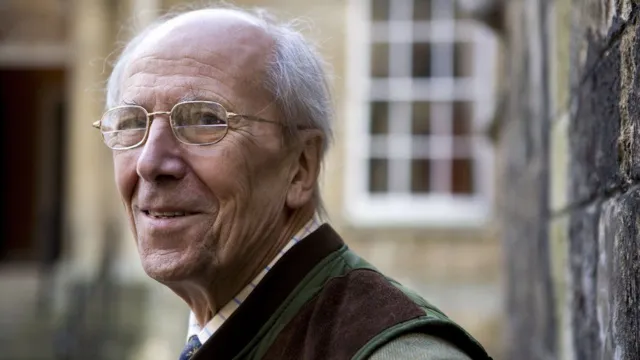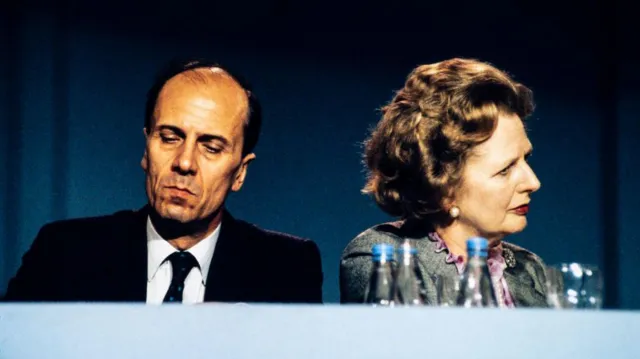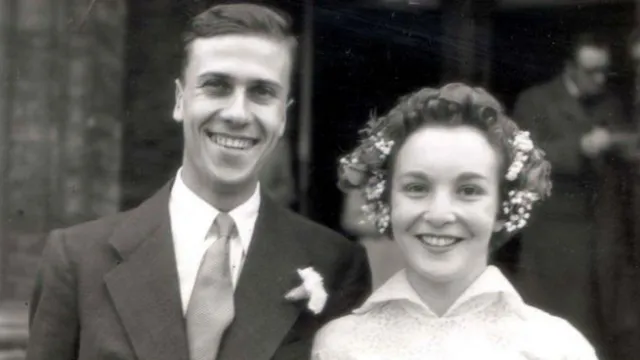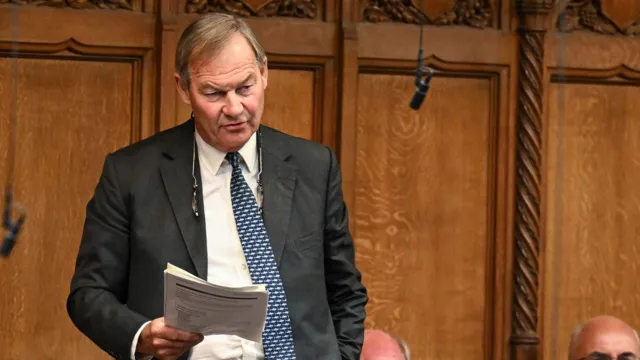Sir Norman Tebbit: A Political Force of the Conservative Right
Sir Norman Tebbit: A Political Force of the Conservative Right
Sir Norman Tebbit, a prominent and often controversial figure in British politics, has passed away at the age of 94. Tebbit was a key architect of Margaret Thatcher’s transformative political agenda, embodying the core Conservative values of self-reliance and individual responsibility that defined an era.
Born in the working-class suburb of Ponders End, London, on March 29, 1931, Norman Beresford Tebbit’s early life was shaped by the economic fluctuations that affected his family. His father, a manager, faced unemployment, a formative experience that instilled in young Norman a deep-seated belief in self-sufficiency and the importance of personal drive. This ethos would become a cornerstone of his political philosophy.
Tebbit’s journey into politics began with an early inclination towards Conservative principles. After leaving school at 16, he worked at the Financial Times and later undertook National Service with the RAF, where he gained a commission. However, his burgeoning political ambitions led him to pursue a career in advertising, a path that allowed him to engage more directly with the political landscape.

His political career truly took flight when he was selected as the Conservative candidate for Epping, a constituency once represented by Sir Winston Churchill. Tebbit secured victory in 1970, marking his entry into Parliament. He quickly became a formidable debater, known for his clear, often uncompromising, articulation of Conservative ideals. His speeches on issues such as immigration and European integration resonated with the party faithful, and he was widely regarded as a potential future leader.
Tebbit’s early parliamentary career saw him clash with the leadership of Edward Heath, whom he felt had deviated from core Conservative principles. His resignation from a junior government role over Heath’s economic policies underscored his commitment to his convictions.
The election of Margaret Thatcher in 1979 marked a pivotal moment for Tebbit. He rose through the ministerial ranks, serving as Under Secretary of State for Trade, then Employment Secretary, and later Trade and Industry Secretary. In these roles, he became a key enforcer of Thatcher’s agenda, particularly in confronting the power of trade unions.

His tenure as Employment Secretary saw the introduction of significant reforms aimed at curbing union power. The Employment Act of 1982, which raised compensation for workers dismissed for refusing union membership and subjected closed shop agreements to regular ballots, was hailed by Tebbit as his “finest achievement.” This tough stance on industrial relations was a defining characteristic of the Thatcher era.
Perhaps Tebbit’s most memorable public statement came in 1982 at the Conservative Party conference, where he declared, “I grew up in the ’30s with an unemployed father. He didn’t riot. He got on his bike and looked for work, and he kept looking till he found it.” While interpreted by critics as a dismissal of the unemployed, Tebbit maintained his intention was to condemn the riots and emphasize personal responsibility.

The Brighton hotel bombing in 1984, an IRA attack targeting the Conservative conference, profoundly impacted Tebbit and his wife, Margaret. Both were seriously injured in the blast, which claimed five lives. Norman sustained multiple fractures, while Margaret suffered injuries that led to lifelong paralysis. Despite the personal tragedy, Tebbit demonstrated remarkable resilience, returning to his duties within months. His devotion to his wife, who required extensive care for years, was a testament to his personal strength.
Following the Brighton bombing, Tebbit became Chairman of the Conservative Party in 1985, energizing the party organization and preparing it for the 1987 general election, which resulted in a significant Conservative victory. He later left the cabinet to care for his wife but remained a potent voice within the party.
As a life peer, Lord Tebbit continued to be an influential figure, particularly as a prominent Eurosceptic. He was a vocal critic of the Maastricht Treaty and later expressed concerns that the Conservative Party had drifted too far from its core principles, allowing smaller parties like UKIP to gain traction. His advocacy for leaving the European Union was consistent, and he criticized successive governments for their handling of Brexit negotiations.
Beyond politics, Tebbit also showcased a different side, publishing a cookbook on game preparation, reflecting a passion for country pursuits. His final years were marked by continued engagement with political discourse, particularly on issues of national identity and sovereignty.

Lord Tebbit’s political legacy is that of a conviction politician who profoundly influenced the direction of the Conservative Party. His unwavering belief in self-reliance, his robust approach to economic and social policy, and his willingness to engage in robust debate cemented his status as a significant figure in modern British political history. His passing marks the end of an era for a politician who, for better or worse, left an indelible mark on the nation.



Post Comment